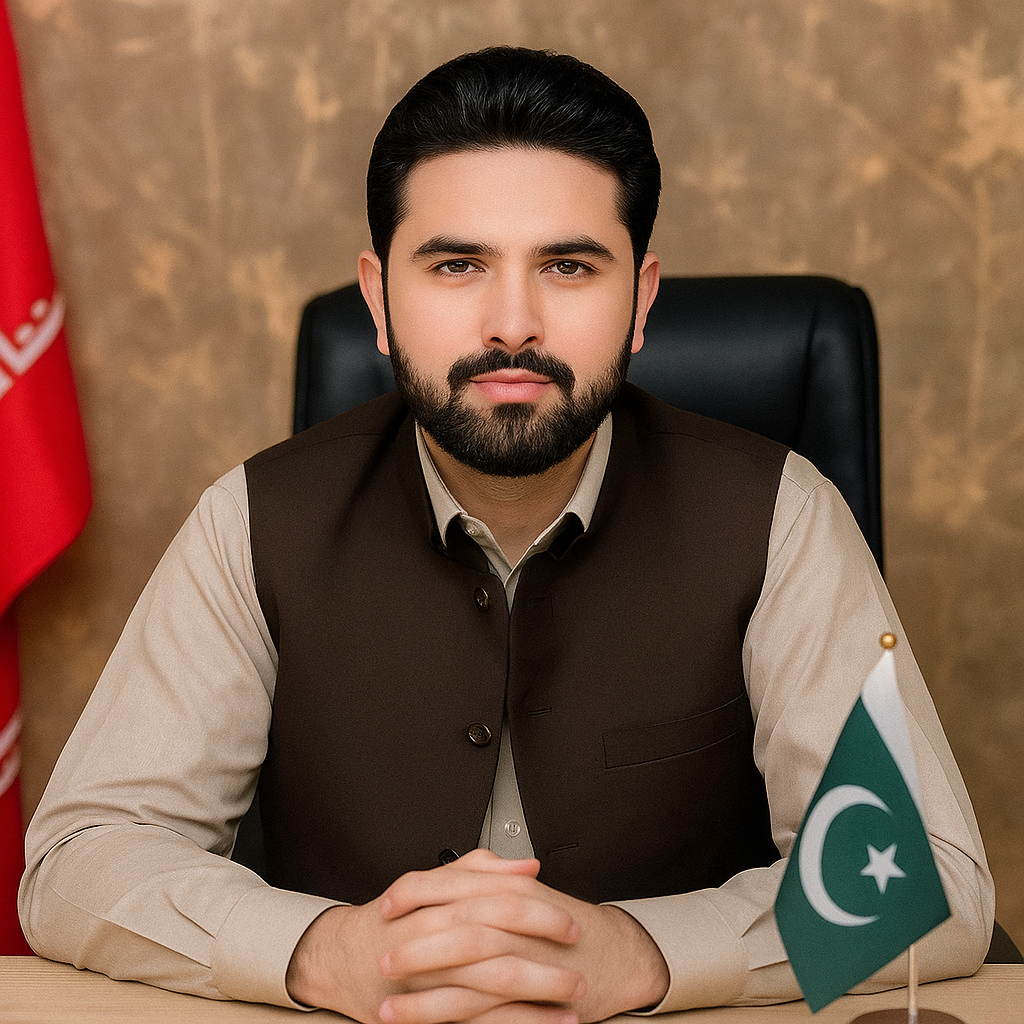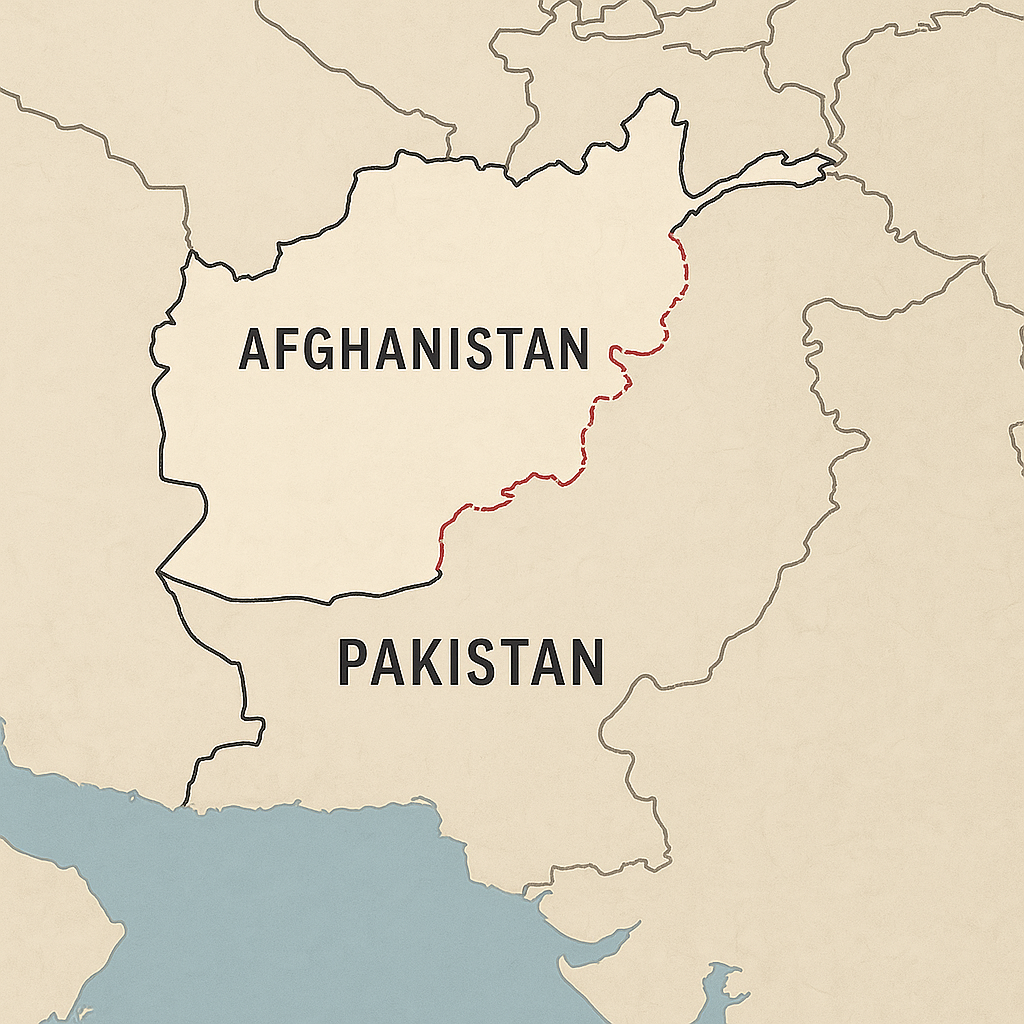Sohail Afridi — KPK’s New Chief Minister: Who He Is, How He Won, and What It Means for the Province
Peshawar, October 2025 — After days of political uncertainty and legal wrangling, Pakistan Tehreek-e-Insaf’s (PTI) Sohail Afridi has been elected and sworn in as the 30th Chief Minister of Khyber-Pakhtunkhwa (KPK). The change of guard comes amid a tense provincial assembly session, opposition protests, and a prompt court intervention that pushed forward the oath-taking process.
The Vote and Oath: Numbers and Sequence
Sohail Afridi secured the chief ministership by winning 90 votes in the KPK Assembly — comfortably above the simple-majority threshold — during a session held under tight security and political scrutiny. The result capped a dramatic week in which former CM Ali Amin Gandapur resigned, paving the way for PTI’s nominee to contest the seat. Shortly after his election, Governor Faisal Karim Kundi administered the oath of office.
A high court order earlier in the day had urged provincial authorities to facilitate the swearing-in — setting a deadline for either the governor or the assembly speaker to administer the oath — a move that cleared the immediate procedural roadblocks to Afridi’s formal assumption of power. The court’s involvement underscored how contested and closely watched this political transition had become.
Who Is Sohail Afridi?
Sohail Afridi emerges from PTI’s ranks as a rising provincial figure aligned with the party’s senior leadership. His elevation is widely seen as part of PTI’s broader internal realignment following the resignation of Ali Amin Gandapur, whom the party moved aside in a reshuffle aimed at consolidating provincial governance and political strategy.
Afridi’s profile is now being built around two immediate priorities: restoring political steadiness in the provincial house and projecting PTI’s agenda on development and security in KPK.
The Political Backdrop: Why the Change Matters
Khyber-Pakhtunkhwa has been a PTI stronghold for years and a central stage for the party’s politics. Gandapur’s resignation — and the speed with which PTI moved to install Afridi — signals an attempt to close ranks ahead of a politically sensitive period for the party both nationally and provincially.
Observers view Afridi’s election as both a move to maintain PTI control of the provincial apparatus and a response to internal or strategic demands from the central leadership.
The opposition, however, has criticized the process. Several opposition parties objected to the circumstances of the election and labeled some procedural steps as controversial, with at least one group boycotting parts of the assembly proceedings. Those objections are likely to fuel political friction that Afridi will have to manage early in his tenure.
What Afridi Inherits — Governance and Security Priorities
KPK faces a range of pressing challenges: post-flood rehabilitation, economic stress, unemployment, and continuing security concerns along border and tribal regions. The incoming chief minister will also need to tackle the provincial budget, improve service delivery, and manage relations with the federal government in Islamabad.
PTI’s stated priorities in KPK have historically included infrastructure development, healthcare and education reforms, and countering militancy through both security operations and local development. Afridi’s early statements suggest he will emphasize continuity in economic management and security while promising administrative reforms and stronger governance.
Legal and Constitutional Flashpoints
The court’s directive to swear in the new chief minister highlighted the legal tightrope involved in provincial transitions. Courts have previously played a decisive role in resolving political stand-offs in Pakistan’s provinces; their interventions often set short-term deadlines that political actors must follow.
For Afridi, this court-backed transition means he takes office with a strong legal foundation but in a politically charged atmosphere where the opposition will be alert to any missteps.
Domestic and National Implications
At the national level, PTI’s swift settlement of the KPK chief ministership helps the party project organizational unity and control — a vital message amid broader political challenges. For the federal government and rival parties, the development means rethinking strategies for engagement with KPK, especially regarding federal funding and coordination on national development projects.
While changes in provincial leadership rarely make international waves, they do impact coordination with international NGOs and humanitarian programs operating within the province.
What to Watch Next
- Cabinet Composition: Afridi’s selection of ministers will reveal internal power balances within PTI’s KPK chapter.
- Provincial Budget: His approach to economic management will serve as a first test of his administrative ability.
- Opposition Response: Expect legal petitions, protests, or symbolic boycotts from opposition benches.
- Federal Relations: Early engagements with Islamabad will signal whether Afridi’s government opts for cooperation or confrontation.
Bottom Line
Sohail Afridi’s election and oath as Chief Minister of Khyber-Pakhtunkhwa conclude a brief but intense phase of political turbulence in the province. His immediate challenge lies in stabilizing governance, proving administrative strength, and balancing party expectations with provincial realities.
How effectively he consolidates his leadership — and whether PTI can convert this transition into stable provincial performance — will determine KPK’s political trajectory in the coming months.



